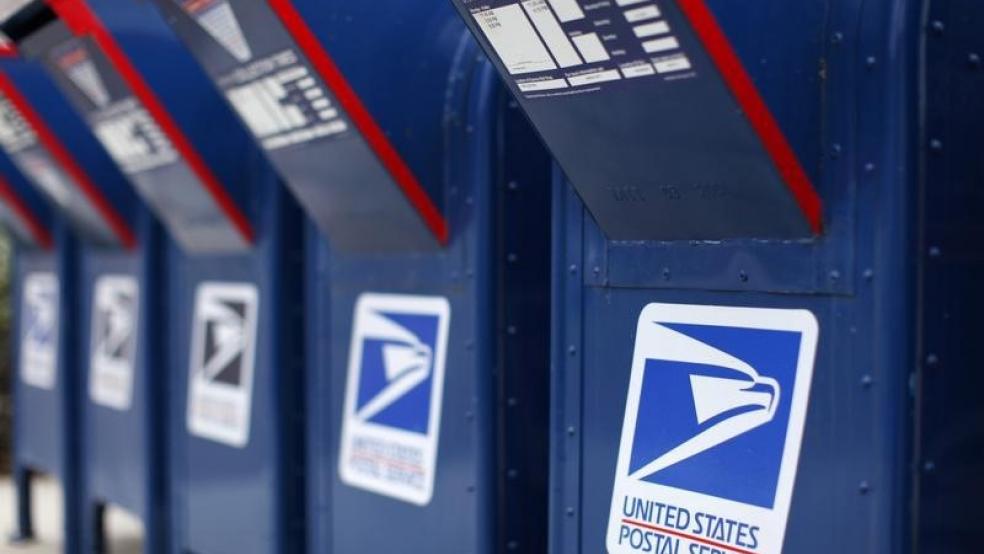The House passed a bill Saturday that would provide $25 billion to support U.S. Postal Service operations and prevent the agency from making a variety of operational changes in the runup to the election.
The vote was largely along party lines, although 26 Republicans crossed the aisle to support the measure, defying GOP leadership and President Trump, who had encouraged lawmakers to oppose the bill in support of his effort to delegitimize mail-in voting.
A mail slowdown: The bill, which received a vote during a rare Saturday session by representatives called back to Washington from their summer break, comes amid charges from Democrats that the Trump administration is intentionally sabotaging the mail system, both for short-term political gain ahead of an election that is expected to involve record levels of mail-in voting and as part of a longer-term, ideologically-driven effort to privatize the postal service.
Whatever the motivation – Postmaster General Louis DeJoy says he simply wants to increase efficiency and improve the agency’s finances – the USPS has made a series of operational changes in recent months, including a reduction in overtime hours for postal workers and the removal of sorting machines and mailboxes. There have been reports of a slowdown in mail delivery in the wake of these changes, and on Saturday the House Oversight Committee released internal USPS communications that documented recent delays in first-class mail.
Postmaster General says no thanks: DeJoy, a wealthy Trump donor who assumed his position as Postmaster General in June, told the Senate Homeland Security and Governmental Affairs Committee Friday that he doesn’t want the funds that the bill would provide, despite the fact that the Postal Service Board of Governors had requested that amount earlier this year. “If we just throw $25 billion at us this year and we don’t do anything, we’ll be back in two years,” DeJoy said.
What’s next: The White House threatened to veto the bill last week, and Majority Leader Mitch McConnell (R-KY) said he does not plan to take it up in the Senate. While the bill has virtually no chance of becoming law, additional funds for the USPS could play a role in the stalled negotiations over the next coronavirus relief bill.



